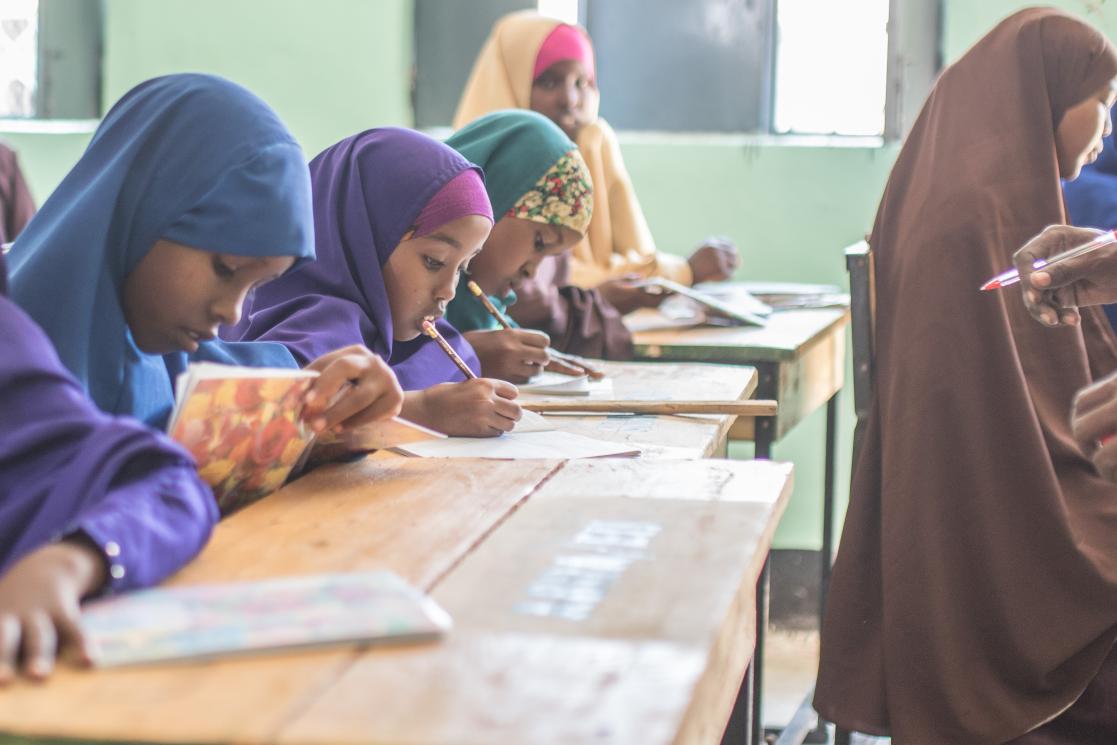Global recovery linked to SDGs
Global challenges remind us that the full implementation of the UN 2030 Agenda for Sustainable Development is crucial to build back better and greener after the global health crisis. Providing a comprehensive response to COVID-19 remains the EU’s top priority, including strengthening preparedness and resilience to better prepare for future shocks.
Navigate the topic
Prioritising the SDGs (i.e. human development and vaccines)
Currently, more than ever, the world needs effective multilateralism, with a reformed UN at its core, and a rules-based international order that defends universal values, promotes shared public goods and delivers benefits for all.
In this crucial Decade of Action, the EU stands ready to step up efforts to achieve the SDGs by 2030. The SDGs are thus at the heart of our EU policymaking on internal and external action across all sectors and serve as our joint roadmap going forward. Our Global Recovery Initiative is linking debt relief and investment to the implementation of the SDGs.

Through our Team Europe approach we are working towards human development by supporting the most vulnerable in the fight against the pandemic with immediate humanitarian needs, related to health, water and sanitation, food and nutrition, as well as tackling the immediate socio-economic consequences.
Embedded in the programming of our cooperation for the period 2021-2027, the EU’s long-term response to COVID-19 focuses on the recovery efforts, based on global cooperation and international solidarity. Together with Member States, the EU has a collective commitment to increase support to human development and social inclusion focusing on education, health systems’ strengthening, social protection and other basic social services to reach at least 20% of official development assistance (ODA) in the ‘Global Europe’ instrument. Our priority will be on areas in human development, where investments can have the most transformative effect.
Education is at the very heart of EU development cooperation. The state of education systems and access to education has been severely affected by the COVID-19 pandemic globally, especially the education of girls, children of vulnerable groups and access to digital education. Addressing these key areas in our partner countries is therefore even more necessary than before.
On Health, we will focus on strengthening health systems and increase local manufacturing capacity of vaccines in partner countries. From the onset, the EU has supported a multilateral approach to ensure safe, fair and equitable access to vaccines for everyone. Through our Team Europe approach we have committed EUR 3.2 billion the COVAX initiative, making us one of the largest contributors. Additionally, we have committed to donating at least 100 million doses of vaccines to partner countries by the end of 2021. Our EUR 1 billion initiative will aim at increasing the manufacturing and access to vaccines, medicines and health technologies in Africa.

